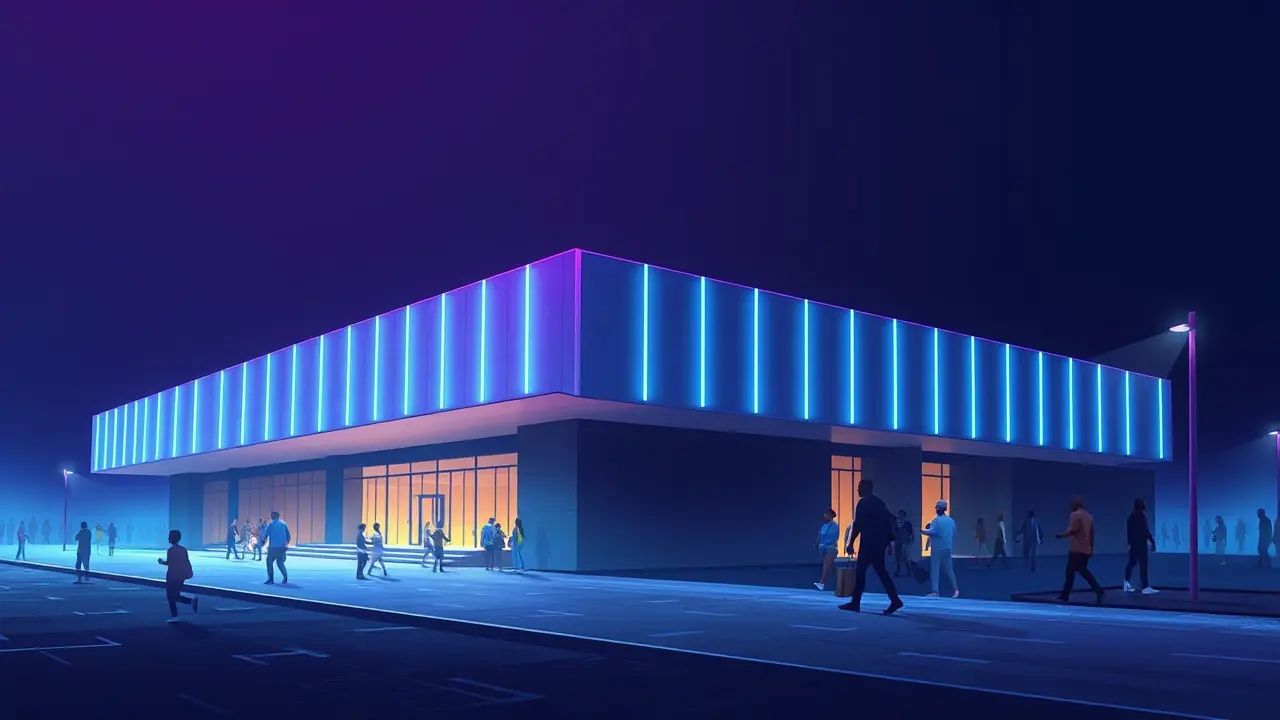
Politicsprotests & movementsMass Demonstrations
Protest at Benin Art Museum Delays Opening Over Political Disputes.
EM
Emma Wilson
3 hours ago7 min read
The planned inauguration of Benin's Museum of West African Art was abruptly halted today as a significant protest erupted at its gates, a stark reminder of how cultural institutions often become the unwilling arenas for unresolved political battles. According to an official statement from the museum, the demonstration appeared to stem from deep-seated disputes between the previous and current state administrations, a terse explanation that belies a complex tapestry of regional tension and contested heritage.This is not merely a delay; it is a profound statement on the fragility of cultural progress in the face of political vendettas. The Museum of West African Art (MOWAA), envisioned as a monumental beacon for the repatriation and celebration of West African art—most notably the famed Benin Bronzes, looted during the colonial era—now stands as a silent, contested monument.The very act of protesting its opening strikes at the heart of a national project meant to reclaim narrative sovereignty, turning a symbol of unity into a flashpoint for division. The specific grievances fueling the protest remain shrouded in the heat of the moment, but sources suggest they are entangled in the bitter transition of power, where accusations of financial mismanagement, unfulfilled promises to local communities, and the politicization of cultural budgets have created a volatile atmosphere.This incident echoes similar conflicts globally, from the protests surrounding the Grand Egyptian Museum to the debates over the Humboldt Forum in Berlin, demonstrating that museums are never neutral spaces but are perpetually caught between the politics of the past and the ambitions of the present. The delay poses serious questions: Will international lenders and partners, who have committed priceless artifacts to MOWAA's care, now reconsider their stance amidst the instability? How does this impact the ongoing, painstaking negotiations for the permanent return of looted artifacts from European institutions, which rely on a bedrock of political and institutional stability? The protesters, by occupying the physical space of the museum, are making a powerful claim about who truly owns and controls this cultural renaissance.For the people of Benin and the wider diaspora, the museum represents more than a building; it is a long-awaited correction of historical wrongs. This postponement is therefore a collective wound, a postponement of justice.The path forward requires more than just dispersing a crowd; it demands a transparent, inclusive dialogue that addresses the root political schisms. If left unresolved, this conflict risks not just a delayed opening but a permanently tarnished legacy, proving that the greatest threat to preserving a nation's history can sometimes be the very politics of its present.
#Protest
#Museum
#Benin
#Art
#Opening Delay
#Political Dispute
#featured
Stay Informed. Act Smarter.
Get weekly highlights, major headlines, and expert insights — then put your knowledge to work in our live prediction markets.
© 2025 Outpoll Service LTD. All rights reserved.